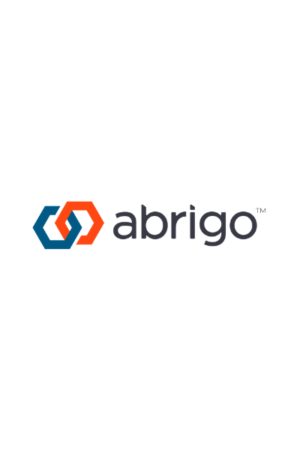The current expected credit loss (CECL) implementation date won’t be delayed again, the Financial Accounting Standards Board (FASB) has decided, leaving smaller SEC registrant and private financial institutions a 2023 deadline for adopting the critical accounting standard.
Earlier this month, the FASB considered and rejected further deferral of the CECL standard, initially issued in 2016 in response to the 2008 global financial crisis. The decision appears to mark the board’s final word on ongoing petitions from community banks and credit unions who asked for a delay or total exemption.
The original CECL effective date was January 2020, but implementation was delayed twice to ensure companies had sufficient time to obtain better data, build more robust internal controls, learn from results of SEC filers, and perhaps approach CECL implementation as a business solution.
Petitioners argued that the non-public entities with no shareholders should be excluded, since an original goal of CECL was to provide investors with more helpful information. Other concerns cited in the Feb. 2 FASB meeting were the complexity of some aspects of CECL, “onerous data collection” requirements, and capital implications.





